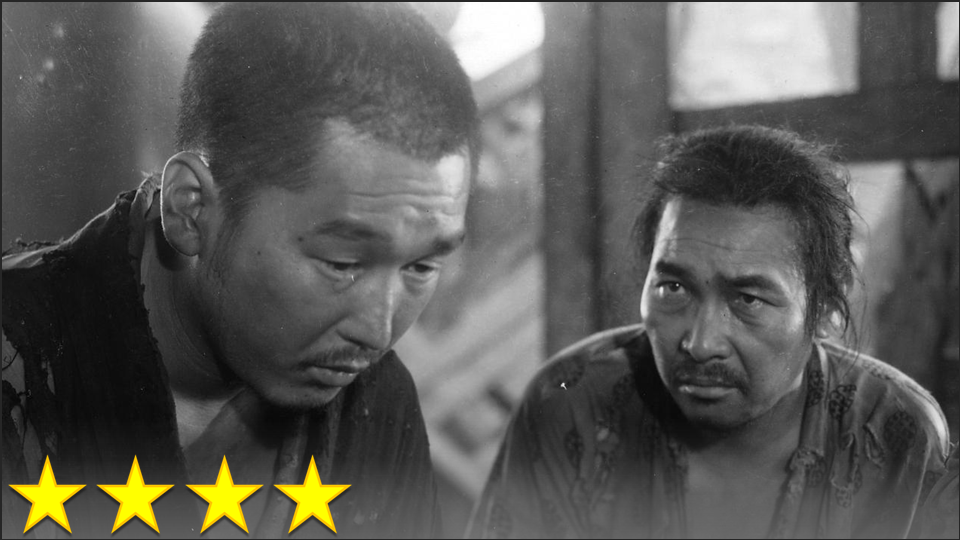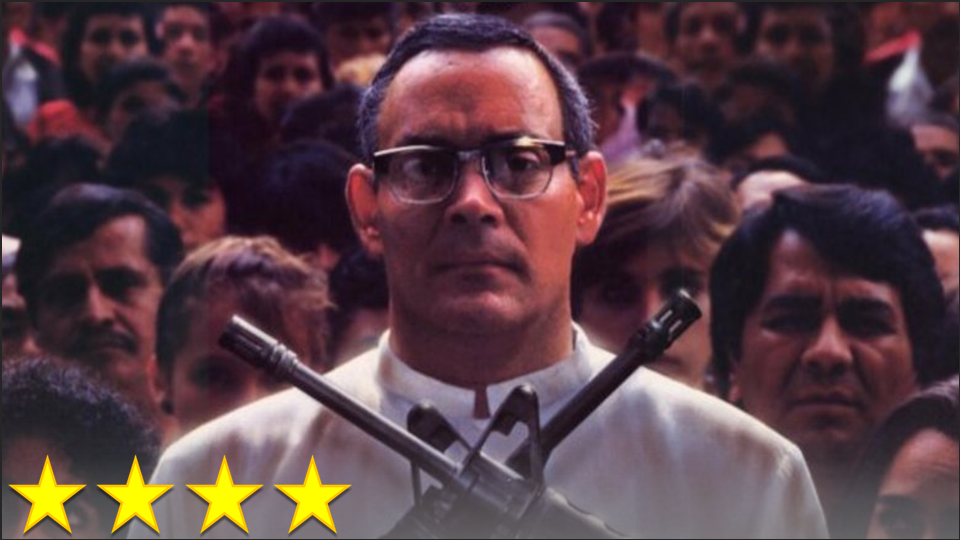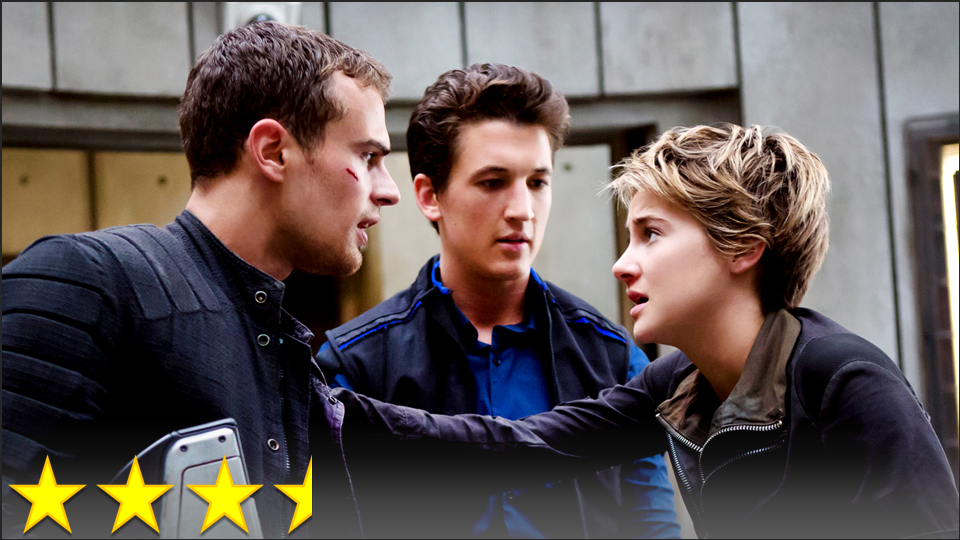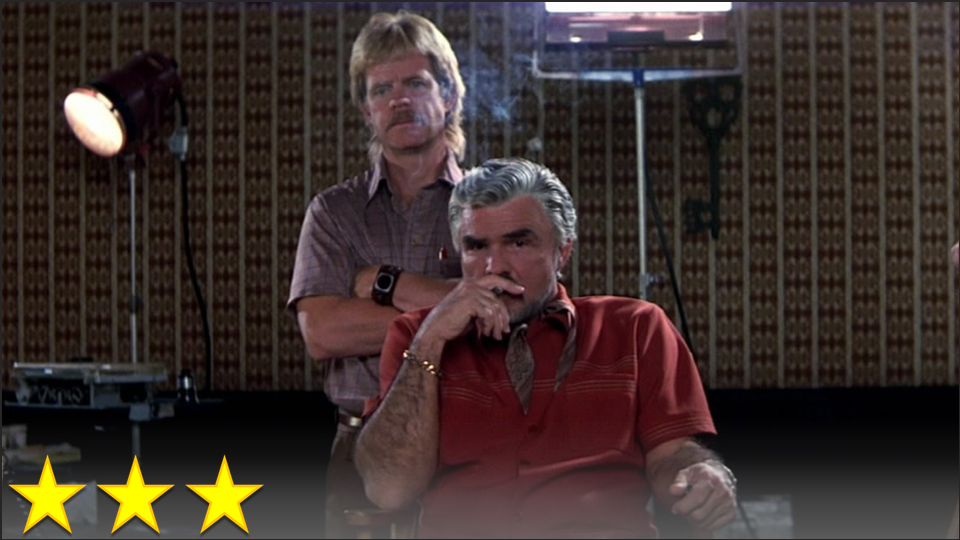I like stories. I especially like stories when they are delivered with the standard Hollywood three-act narrative. It’s a good structure for movies, and I think that’s because of the logical form at play in the medium. Nearly every film that’s ever been screened – or perhaps every fiction ever invented – has built its story, whether or not the writer(s) realized it, on the following idea: given this fascinating set of circumstances, these fascinating events are what would/could follow (or, to express it in propositional logic, “C → E“). It makes sense that the first act would establish the circumstances and the main character that will be used to express their consequences, followed by a second act in which several chaotic events take place as a result of the established circumstances, a climax with the culmination of all of the chaos thus far, and finally a conclusion that sorts everything out into some sort of inevitable, orderly result. Naturally, I always get nervous when a director decides to break this form in favor of his/her own idea of whatever would be interesting to present on film. For this film, however, Kurosawa somehow managed to use the same logical principles, but with a different form than Hollywood’s, that strangely works beautifully for this story.
From the beginning, the tone of the film puts the audience in a mood to hear a story, as we see what almost seems like an equivalent to a man walking into a bar our of the rain to tell a story to the bartender. We know right away that we’re about to hear a dreadful tale, and the flashbacks are no surprise. Flashbacks had been long-established by this point, so everyone knew what they were and how to “read” them. We also understand the cinematic grammar of a court hearing, so the way that the flashbacks are organized and presented makes sense. Ultimately, the form of this film still retains the basic concept of presenting circumstances and the events that would follow from them, but if Hollywood’s form is a bowling ball hitting the pins, Kurosawa’s form is a cue stick hitting the triangle of object balls – the point isn’t to push everything in one direction, but to scatter in every direction. In other words, Kurosawa uses a structure that shoots various mutations of a story in different directions, and we are meant to make sense of the general ideas running throughout all of them in order to make sense of the conclusion.
What is perhaps most impressive about this movie is that it offers satisfaction without answering the film’s main question. While I do not wish to give too much away, I will say that the ending is a hopeful response to the events of the film . . . in a way. Rather than having a conclusion that is set up directly by the events that take place in the story, this film ends with more of an Our Town ending by ending on an answer to the film’s theme, and even the film’s form. The form of the film is inseparable from the plot, so both the form and plot keep the audience curious about what’s to come. We can still play “the movie game” of trying to guess where the plot will go because the grammar of the film is intuitive enough, but the ending makes one realize that the game is not the point. The point, like with most stories, is the moral we learn from the fable, which makes Rashomon a very fascinating sort of fairy tale.





